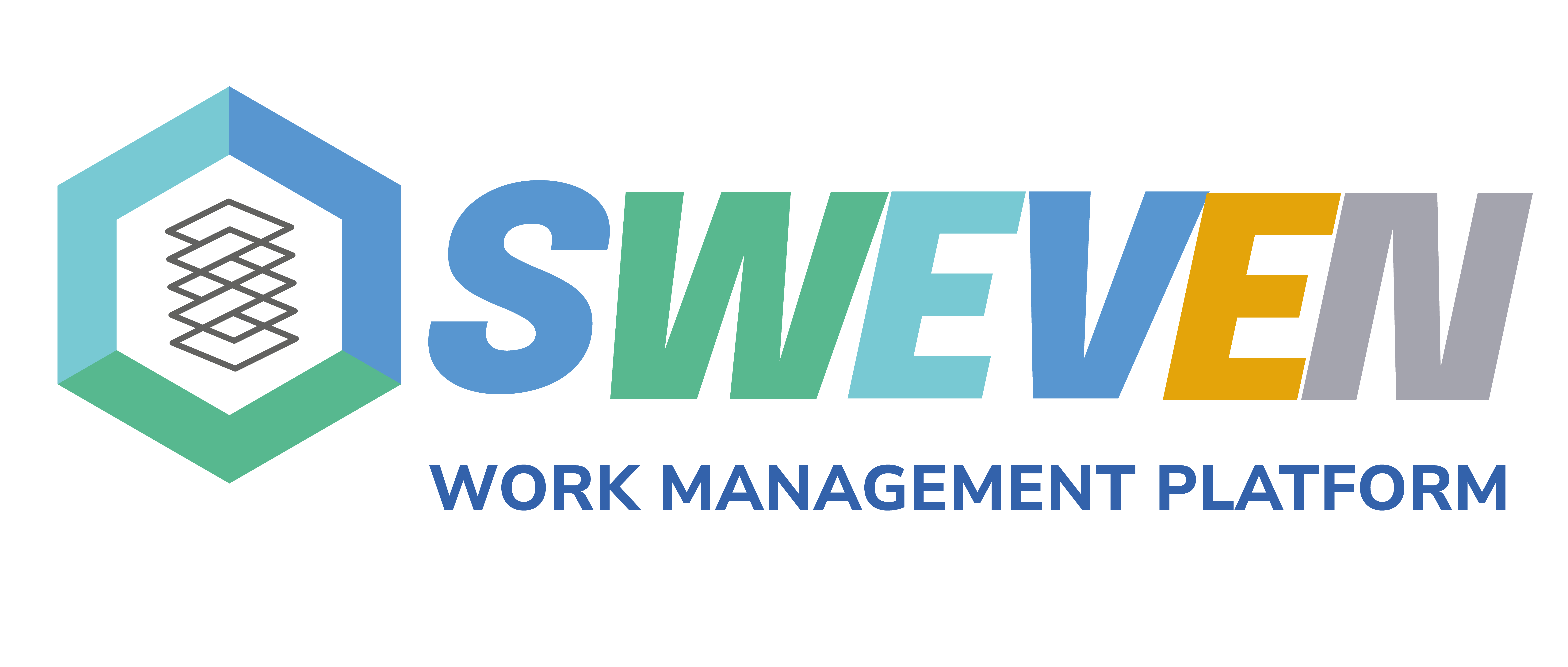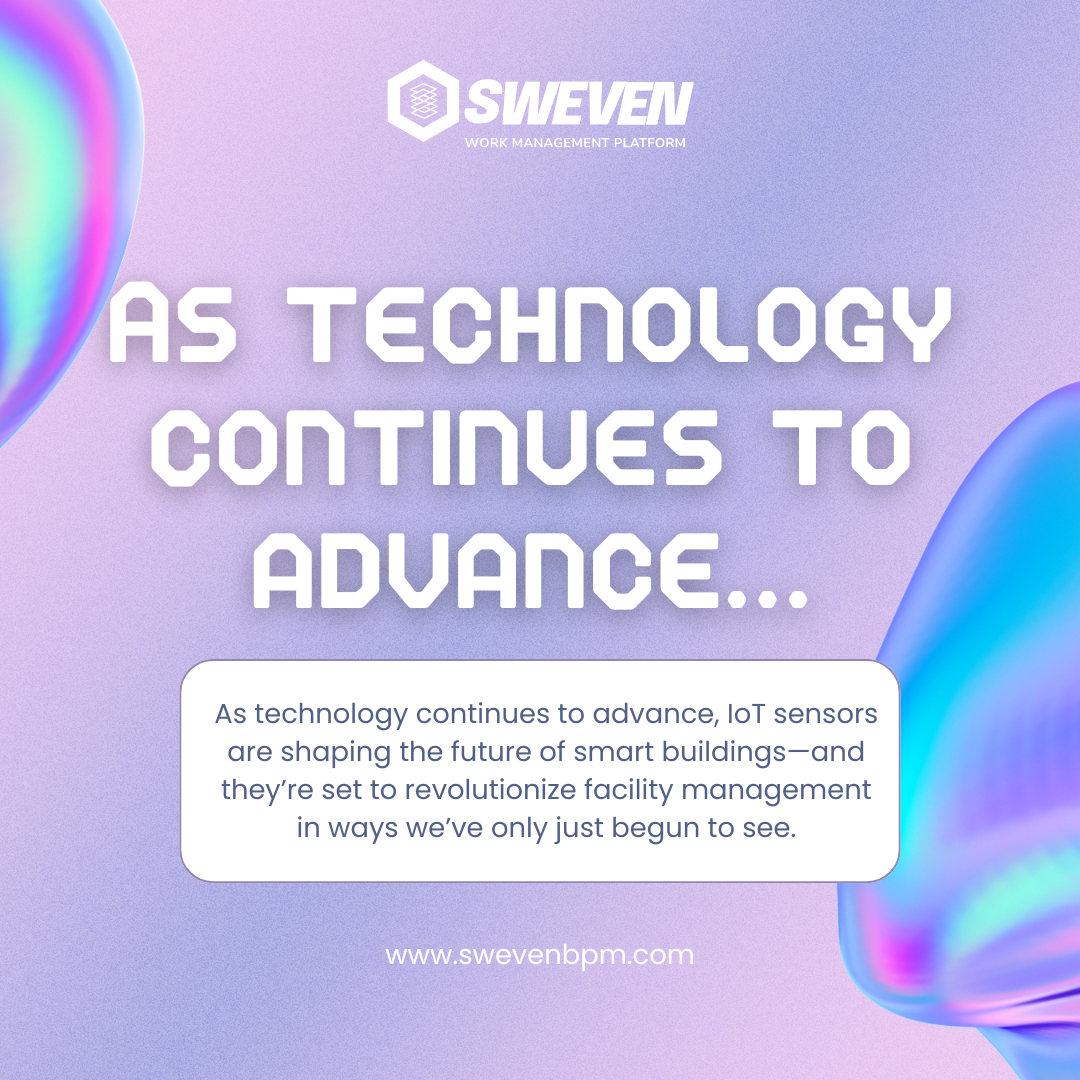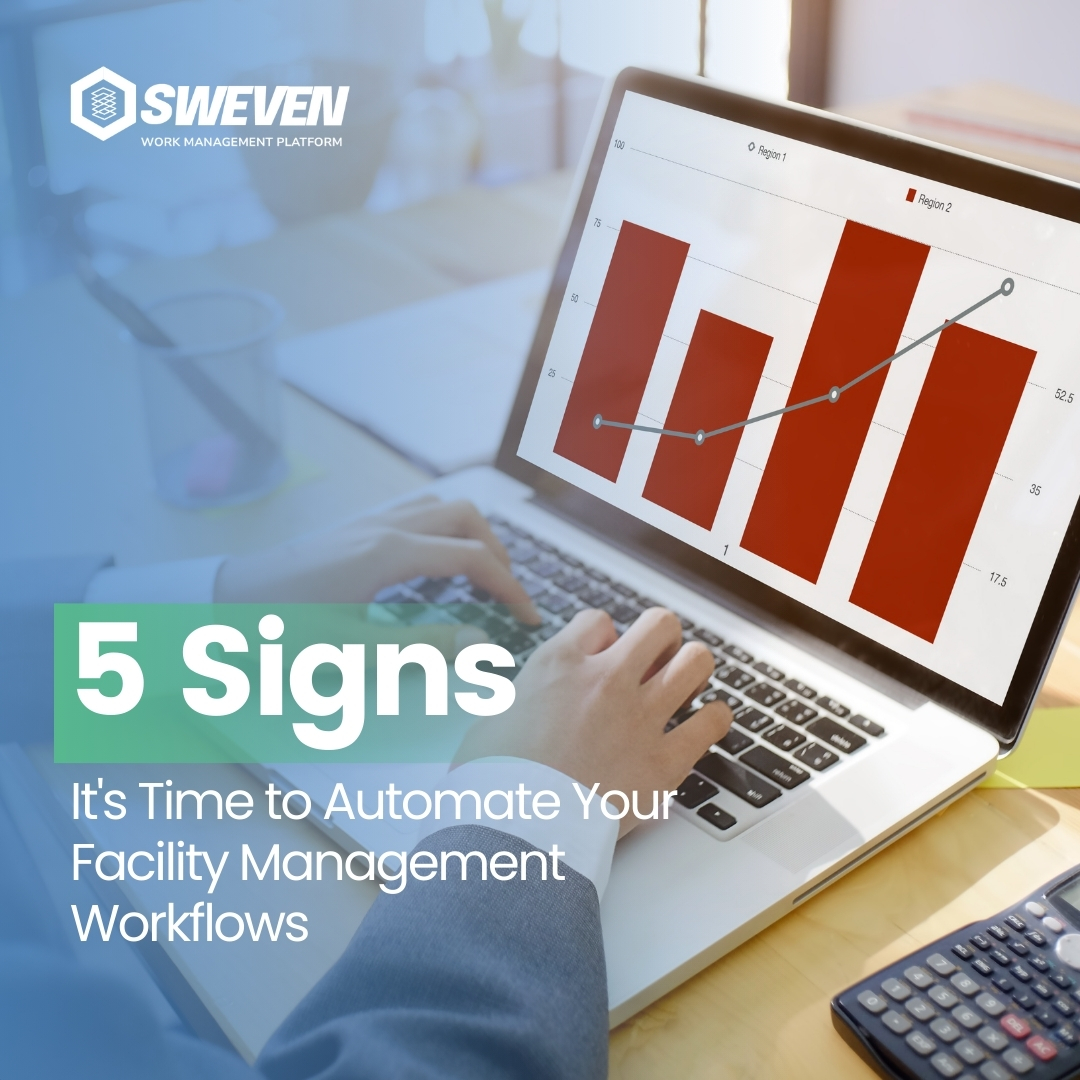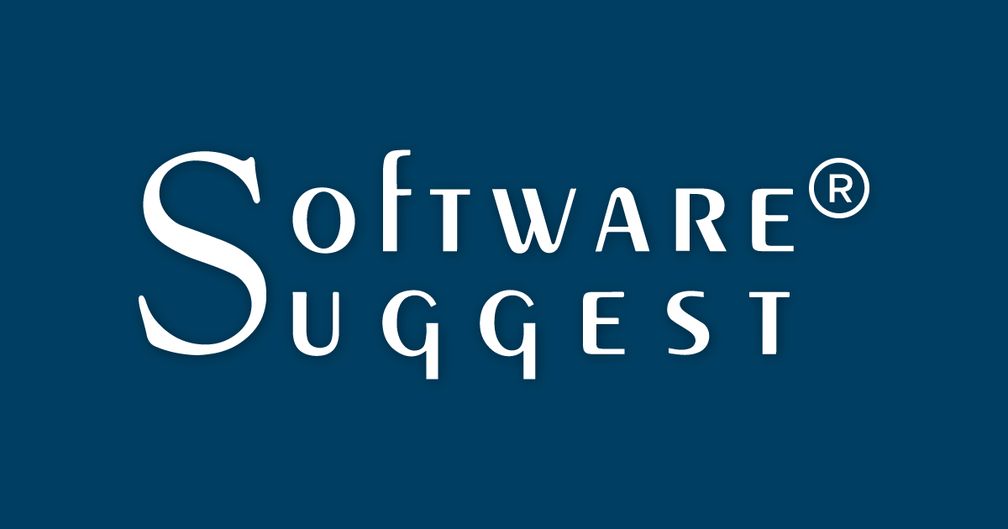In the complex landscape of modern business, vendor partnerships are integral to operational success. However, motivating vendors to enhance their performance can be a nuanced challenge. This blog will explore strategies for businesses to encourage and inspire vendors to improve their performance, fostering collaborative relationships that drive mutual success.

The Challenge of Vendor Performance Improvement:
Ensuring that vendors meet or exceed performance expectations is essential for maintaining a seamless and efficient supply chain. However, motivating vendors to enhance their performance requires a thoughtful and collaborative approach.
Establishing Transparent and Collaborative Relationships:
The foundation of motivating vendor performance improvement lies in the establishment of transparent and collaborative relationships. Here are key strategies to achieve this:
1. Clear Performance Expectations:
Start by clearly defining performance expectations and metrics within your vendor contracts. Transparency is crucial for setting a baseline for performance evaluation.
2. Regular Performance Reviews:
Conduct regular performance reviews to assess vendor performance against established metrics. These reviews should be collaborative, providing an opportunity for open dialogue and feedback.
3. Constructive Feedback:
Offer constructive feedback that focuses on both strengths and areas for improvement. Encourage a positive atmosphere where vendors see feedback as an opportunity for growth rather than criticism.
Incentivizing Improvement:
Motivating vendors to improve their performance often involves creating a system of incentives. Consider the following approaches:
1. Performance-Based Bonuses:
Offer performance-based bonuses to vendors who consistently meet or exceed performance expectations. This creates a tangible reward for excellence.
2. Penalties for Non-Compliance:
Introduce penalties for non-compliance or performance shortcomings. While incentives reward positive behavior, penalties provide consequences for underperformance, encouraging vendors to prioritize improvement.
Open Communication Channels:
Effective communication is a cornerstone of successful partnerships. Create open communication channels to facilitate the prompt resolution of issues and the identification of areas for enhancement.
1. Regular Check-Ins:
Schedule regular check-ins to discuss ongoing projects, address concerns, and ensure that both parties are aligned in their expectations.
2. Joint Problem-Solving:
Encourage joint problem-solving by involving vendors in discussions about challenges and potential solutions. Collaborate on strategies that benefit both parties.
Collaborative Performance Improvement Plans:
Work collaboratively with vendors to create performance improvement plans that align with shared goals. These plans should outline specific actions, timelines, and responsibilities for both parties.
1. Identify Areas for Enhancement:
Jointly identify areas for improvement and agree on specific actions that vendors can take to enhance their performance.
2. Training and Resource Support:
Provide training or allocate resources to support vendors in their performance improvement efforts. This could involve sharing best practices, offering training sessions, or providing additional tools and technologies.
Building a Culture of Continuous Improvement:
Foster a culture of continuous improvement within the vendor relationship. Emphasize the importance of evolving together and growing collaboratively to achieve shared success.
1. Trust and Shared Goals:
Build trust by aligning both parties’ goals and emphasizing a shared commitment to success.
2. Mutual Benefit:
Ensure that performance improvement efforts result in mutual benefits. A partnership where both parties thrive is more likely to be sustainable and successful.
–
Motivating vendors to enhance their performance requires a holistic and collaborative approach. By establishing transparent relationships, providing incentives, maintaining open communication channels, and working collaboratively on performance improvement plans, businesses can cultivate a culture of continuous improvement. Building partnerships based on trust, shared goals, and a commitment to mutual success creates an environment where vendors are motivated to excel, contributing to the overall success and resilience of the business.

























